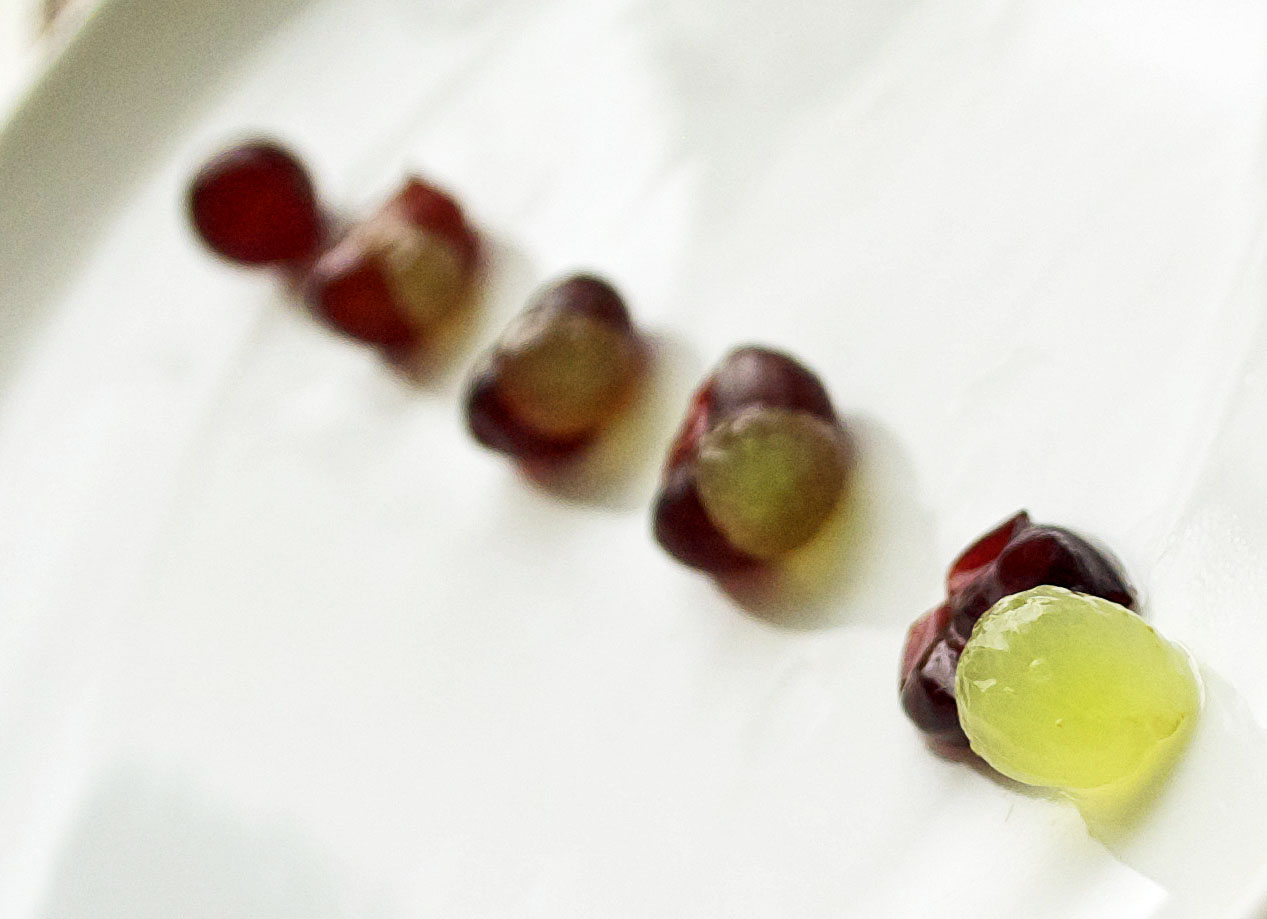It is time
to drop your peeler and consider first if you should use them on the skin of fruits
and vegetables on your table. A lot of these foods are better eaten with their
peels on. Throwing away the skin of these foods is tantamount to throwing and
wasting the nutrients needed by your body. Of course there are fruits and
vegetables whose skin should be taken off. Majority though has nutrients but
people are not used to eating them with the skin still on.
The color of
your fruits and vegetables are usually on their skins; the pigments are
actually the healthful parts. Phytochemicals are basically concentrated in
these parts. So, why should you remove the skin of fruits and vegetables if
they are edible? I will help you discover these foods but let me start with the
skins or peels that you are likely to eat with no hesitation.
Apples 

Half of the
dietary fiber in apple is found in its skin. The exterior peels that you throw
are about two to six times more nutritious; these have more insoluble fiber
than the flesh that you retain. The skin also contains flavonoids that are
helpful in regulating your blood pressure. This is all attributable to the
inhibited ACE enzyme. Apple contains Vitamins A, C and potassium; removing the
skin is taking off one-third of the total of these nutrients. Vitamin K helps you prevent blood clots and
the amount of this vitamin in the peel of apple is four times more than there
is in the flesh.
Skin of
fruits also contains a lot of anti-oxidants and apple’s skin has three
exceptional – the quercetin, triterpenoids and ursolic acid. Quercetin aids in
breathing, protects the lungs and the brain. Triterpenoids inhibit the growth
of some kinds of cancer cells. The ursolic acid aids in growth of muscle.
Grapes
 Grapes
are the greatest source of resveratrol that is mostly concentrated on the skin.
This phytochemical is a hundred times more in the skin than in the pulp. This
grape nutrient has been found to inhibit growth of cancer cells and aids in
prevention of heart problem and Alzheimer’s disease. The seed of grapes that we
also discard contains Vitamin E and linoleic essential fatty acid. This means
that we should not only eat the skin of grapes but ingest the seeds as
well. Thus refrain from picking the
seedless grapes; instead go for those with seeds.
Grapes
are the greatest source of resveratrol that is mostly concentrated on the skin.
This phytochemical is a hundred times more in the skin than in the pulp. This
grape nutrient has been found to inhibit growth of cancer cells and aids in
prevention of heart problem and Alzheimer’s disease. The seed of grapes that we
also discard contains Vitamin E and linoleic essential fatty acid. This means
that we should not only eat the skin of grapes but ingest the seeds as
well. Thus refrain from picking the
seedless grapes; instead go for those with seeds.
Cucumber 

The dark green peel
of cucumber is the storage of antioxidants, potassium and insoluble fiber. This
cucumber part also holds huge amount of this food’s vitamin K content. If you
want smooth hair and sturdy nails, don’t peel the cucumber. That green part has
the mineral silica for beautiful hair and nails.
Zucchini 

Zucchini flesh is
95% water. The nutrients are in the skin; these are vitamins C and K, potassium
and fiber. Other nutrients in the skin are lutein, zeaxanthin and beta
carotene.
Potatoes
 Potato and its cousin, sweet potato, have tons of
fiber in their skins. Other nutrients in the skin that you throw are the
minerals potassium, copper, calcium, magnesium and iron. For the vitamins, the
skin has vitamins B6, C and K. Ditching the skin of these root crops is wasting
90% of the iron content. It is also a waste of half of the fiber. For the sweet
potato, the skin contains vitamin A and beta-carotene.
Potato and its cousin, sweet potato, have tons of
fiber in their skins. Other nutrients in the skin that you throw are the
minerals potassium, copper, calcium, magnesium and iron. For the vitamins, the
skin has vitamins B6, C and K. Ditching the skin of these root crops is wasting
90% of the iron content. It is also a waste of half of the fiber. For the sweet
potato, the skin contains vitamin A and beta-carotene.
Carrot
 Carrots are good
for the eyes and most of the nutrients are in the skin. The biggest amount of
the phytonutrients is just under the skin and this is the reason why you should
not remove this. Also in carrots are beta carotene and fiber.
Carrots are good
for the eyes and most of the nutrients are in the skin. The biggest amount of
the phytonutrients is just under the skin and this is the reason why you should
not remove this. Also in carrots are beta carotene and fiber.
Eggplant 

The flesh of this
vegetable has no color and the fact that the color is in the skin means that
the nutrients are there. The purple skin has the nasunin antioxidant. This is a
flavonoid that is said to be a “radical scavenger”. This means that this is
cancer cell killer. Nasunin also has anti-aging properties.
Had you been
peeling the skin of fruits and vegetables? It is time to change that habit and
begin keeping the peeler out of these foods’ skin. By keeping the skin, you are
not only preventing nutrient deficiency but you are saving money from the
purchase of food supplements that otherwise are better gotten from the peels
that you put in the trash bin.
No comments:
Post a Comment